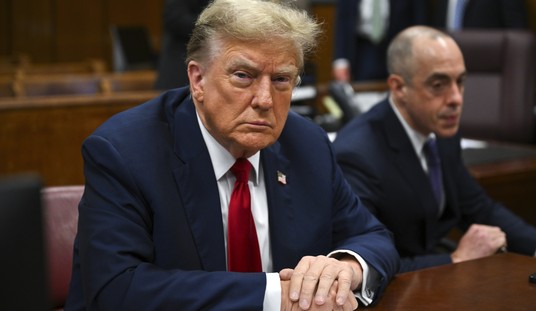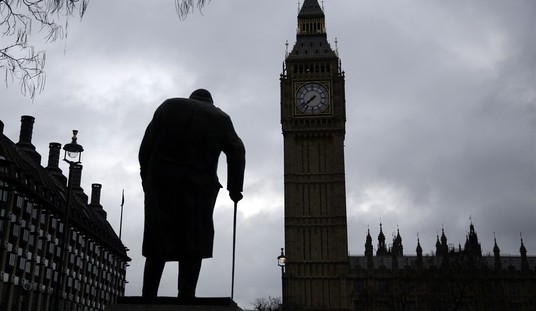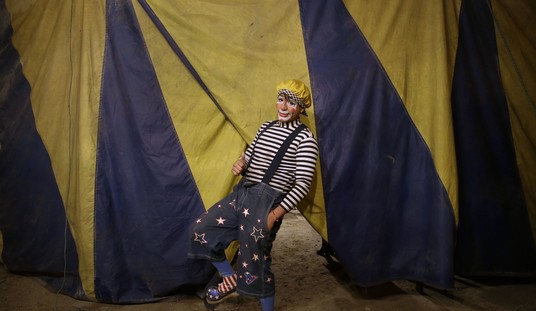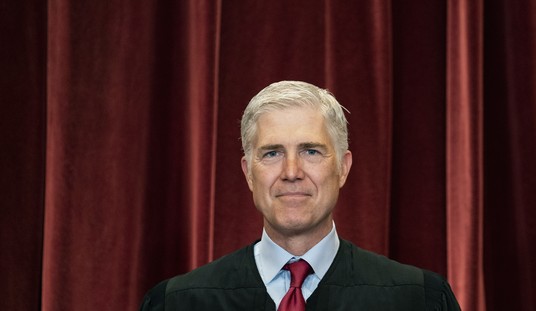Noah Schactman at Wired argues that the real national security choices that Barack Obama has made over his tenure have been largely misunderstood. They are not between competing models of security but are driven by something else. To make his point, Schactman cites a Reuters article quoting counterterrorism officials as saying that the executive order to close Guantanamo Bay has made it necessary to drone-kill more militants because “there’s nowhere to put them.”
Killing wanted militants is simply “easier” than capturing them, said an official, who like most interviewed for this story support the stepped-up program and asked not to be identified. Another official added: “It is increasingly the preferred option.” …
By some accounts, the growing reliance on drone strikes is partly a result of the Obama administration’s bid to repair the damage to America’s image abroad in the wake of Bush-era allegations of torture and secret detentions. …
Some current and former counterterrorism officials say an unintended consequence of these decisions may be that capturing wanted militants has become a less viable option. As one official said: “There is nowhere to put them.”
But by relying on offstage attacks to keep his humanitarian image squeaky-clean, President Obama has embarked on a scale of attacks that raise risks in themselves. Schachtman writes: “the real swap here isn’t secret jails for drone attacks. It’s counterterrorism for undeclared war.” What kind of trade in risks is this, why would anyone do it?
Because, if you believe Pete Hoekstra, the ranking Republican on the House Intelligence Committee, the real swap is strategic models for political convenience. That’s how decisions are made in the current White House. Commenting on the replacement of Dennis Blair, Hoekstra said: “Blair’s resignation is the result of the Obama administration’s rampant politicization of national security and outright disregard for congressional intelligence oversight. Blair’s resignation is disturbing and unfortunate. The concerns I have come from how the Obama administration conducts national security, not over the director of national intelligence, who they never allowed to do it.”
Congressional Republicans we will be watching closely who the president plans to name as a successor. Right now, the Obama administration’s national security apparatus is broken, dysfunctional and in disarray. Dennis Blair was the one person you could count on for rationality among Holder, Napolitano and Brennan—and he’s the one the president let go.
Even allowing for partisan hyperbole, it is an extraordinary accusation. The official story as told through the a variety of MSM outlets is exemplified by the NYT‘s account: Blair was not a good team player. He got in Panetta’s way. He mishandled the underwear bomber incident — not Napolitano. He opposed the drone hits in Afghanistan. He had lost the president’s confidence. But in a roundabout sort of way the official story squares with Hoekstra’s accusation: “the Obama administration’s national security apparatus is broken, dysfunctional and in disarray.” The only difference in their accounts is that Hoekstra lays the blame at the feet of Obama, while the official story hangs the rap on Blair.
It’s easy to believe the dysfunction is real. Faced by the linked yet separate crises in the Middle East and in Northeast Asia the Obama administration is acting like it was shot through the central nervous system, acting in uncoordinated jerks. The alliances with Korea and Japan and the special relationships with Israel and Britain lie almost forgotten like neglected toys on the floor of a spoiled child distracted by his latest bauble. Gone are the heady prospects of Grand Bargains with the Muslim world kicked off by dramatic speeches in Cairo. Gone is the idea of a swift drawdown from Iraq; or of a comprehensive solution in the Middle East. Gone is the promise of catching Osama Bin Laden. Gone is the notion that Europe, which once hated America because of George Bush, would turn like a blossoming rose to Obama. In their place are half-finished begun threads without closure: a growing Hezbollah menace in Lebanon; a defiant Iran; a belligerent North Korea; a buffoonish but menacing Chavez; a drug war on the southern border; an Eastern Europe with the shadow of the Russian bear growing ever longer across it.
The long delay in Obama’s meeting with General McChrystal in Afghanistan was once explained by Andrew Sullivan’s claim that “we have a President” whose strange actions meant that he was too thoughtful, too brilliant, too scholarly to be easily understood by a doltish public. Sullivan wrote:
The news that Obama has refused to sign off on any of the four major options presented to him in Afghanistan reminds me of why he was elected president. This critical decision – arguably the most critical of his young presidency – is one that will not be rushed the way such decisions often are. His insistence that the civilian branch truly control policy there and that empire not be passively accepted as a fait accompli are real signs of strength in the struggle to recalibrate American foreign policy. Can you imagine Bush ever holding out like this on the military?
Maybe Sullivan has a better grasp of the president’s hidden thoughts, but the situation he described would be outwardly indistinguishable from Hoekstra’s claim that “the Obama admnistration’s national security apparatus is broken, dysfunctioal and in disarray.”Maybe it’s not true; maybe it’s just Hoekstra’s political posturing, but it’s not entirely implausible that he’s right and the Obama administration has simply lost it. That in place of rational strategies there are only competing political agendas that have advanced, with a mad and narrow rationality so that the grotesque success exemplified by the increase in drone attacks compensates for the closure of Guantanamo. ‘We killed them so that we would not be accused of violating their human rights.’ If so the next few months promise to be even more exciting than the last, but not in a way that inspires optimism. There are a lot of smoldering fires lit everywhere and the potential for a cascading crisis is manifestly present.









Join the conversation as a VIP Member